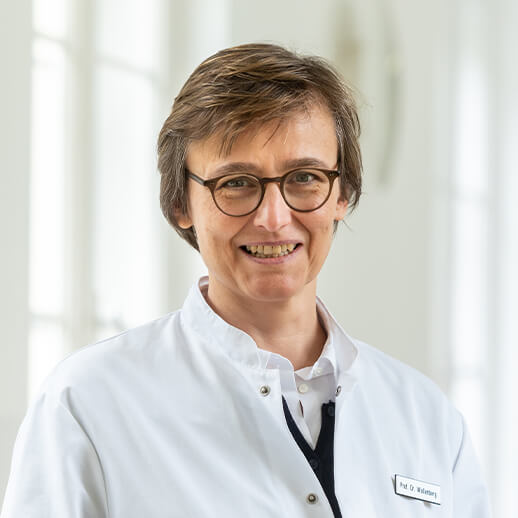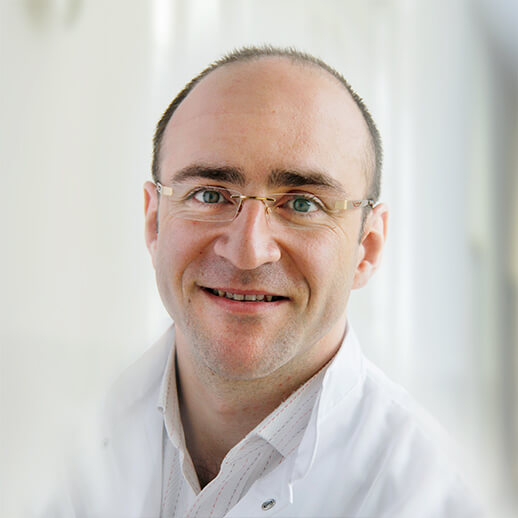Surgery of the paranasal sinuses
Chronic rhinosinusitis with and without polyp formation
Chronic rhinosinusitis is associated with impaired nasal breathing, posterior and anterior rhinorrhea (discharge from the nose) and sometimes with loss of smell for more than 12 weeks. Before starting treatment with medication, we recommend clarification of allergies and intolerance to NSAIDs or acetylsalicylic acid. In case of persistence of symptoms after allergenic withdrawal and intensive drug therapy with topical steroids, nasal rinsing and, if necessary, systemic corticoid shock therapy, a surgical procedure is indicated.
For each surgical procedure we require a high-quality computer tomography in three levels.
Spectrum
Our operative offer includes surgical intervention in chronic rhinosinusitis (with and without polyp formation), mucoceles, mycoses, inverted papillomas, nasopharyngeal fibromas, malignant tumors, liquor fistulas, Brain abscesses, meningoencephaloceles, complications of acute sinusitis, insatiable nosebleed, fractures of the frontal sinus, space-occupying processes of the orbit and orbital funnel, stenosis of the choane and choanal atresia. Decompression of the orbita and optic nerve, as well as dacryocystorhinostomies.
FESS (functional endoscopic sinus surgery)
Depending on the disease to be treated, we prefer the functional endoscopic sinus surgery (FESS) approach. A navigation system is available for revision operations and special situations, so that even in difficult anatomical conditions and with previous operations, surgical landmarks removed, a safe operation is possible. Not only in-house computed tomography (CT) data sets can be used for navigation, but also externally generated coronary and axial CTs.
Especially in the case of malignant diseases or organ transgressions, we also use transoral or transfacial approaches (e.g. lateral rhinotomy, midfacial degloving) and operate together with colleagues from the Departments of Neurosurgery, Maxillofacial Surgery and Ophthalmology. In the case of malignant diseases, we can offer, in cooperation with the Clinic for Radiotherapy at the Klinikum rechts der Isar, targeted follow-up treatment using locally applied radiotherapy (brachytherapy) in addition to conventional radiotherapy.






